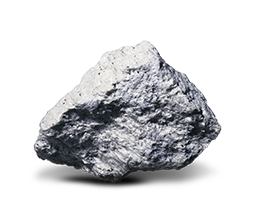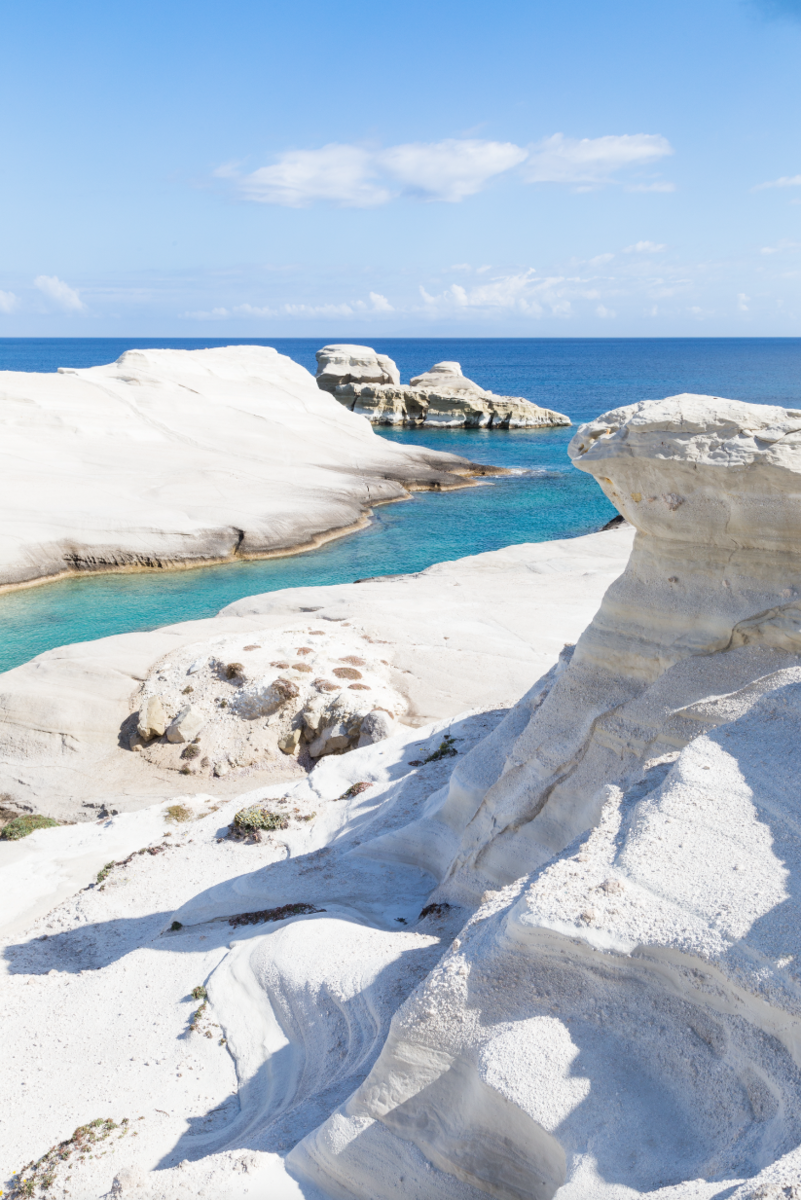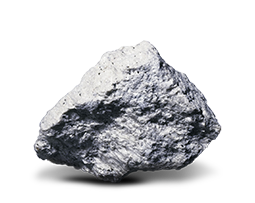
Perlit
Sustainable from the ground up
The carbon footprint of a material is an important parameter in assessing its sustainability. Equally crucial, however, is its ability to be recycled after use - ideally without compromising quality - i.e. its fitness in terms of circular economy. And, of course, the extent and duration of the impact caused by the material after its use is crucial in assessing its sustainability balance. Not to be forgotten: In times of fragile supply chains, the ability to sustainably supply global customers forms another component in assessing a material's sustainability.

